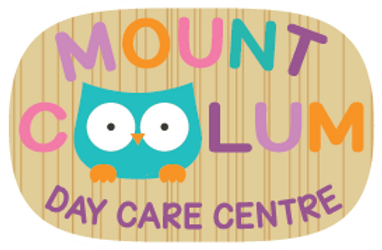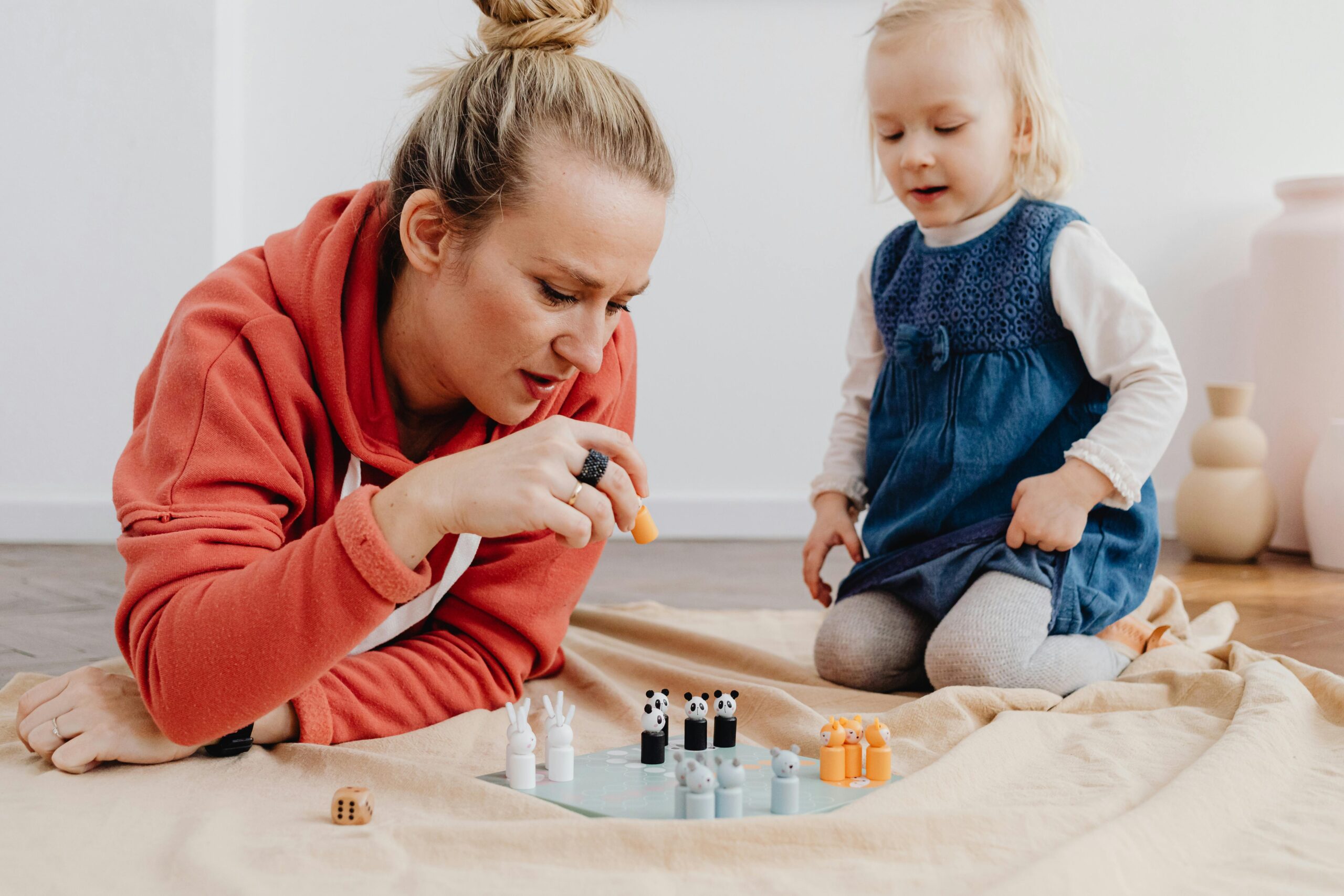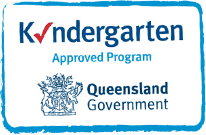Social skills are fundamental for a child’s overall development, shaping their ability to communicate, collaborate, and navigate relationships effectively. At Mount Coolum Early Learning, we understand the importance of cultivating these skills from an early age. In this blog, we’ll explore creative and practical ways parents can support the development of social skills in their children at home.
1.Encourage Playdates and Social Interactions.
Organise playdates with peers or family members to provide opportunities for social interaction. Encouraging shared activities helps children learn cooperation, sharing, and turn-taking, fostering essential social skills.
2. Role-Playing Scenarios.
Role-playing scenarios like grocery shopping, doctor visits, or pretend play as different professions can aid in developing empathy and understanding various social situations. It allows children to step into different roles and perspectives, enhancing their social awareness.
3.Practice Active Listening.
Engage in active listening when your child communicates. Encourage them to express their thoughts and feelings freely. Model attentive listening by maintaining eye contact and responding thoughtfully, teaching them the importance of effective communication.
4.Teach Problem-Solving Skills.
Encourage children to solve conflicts independently by guiding them through peaceful conflict resolution methods. Help them understand the perspectives of others involved and brainstorm solutions together.
5.Cultivate Empathy and Kindness.
Engage in discussions about emotions and feelings. Read books or watch shows that highlight empathy and kindness. Encourage acts of kindness, whether it’s sharing toys, helping others, or expressing gratitude.
6.Family Game Nights.
Incorporate board games or activities that require teamwork and collaboration. Games that involve turn-taking, following rules, and working together encourage social interaction and cooperation.
7.Model Positive Social Behaviour.
Children learn by observing. Model positive social behaviour in your interactions with others. Demonstrate kindness, patience, and respectful communication, providing a blueprint for their own social conduct.
8.Encourage Independent Decision-Making.
Allow children to make age-appropriate decisions. Whether it’s choosing their snack or selecting an activity, fostering independence helps develop confidence in decision-making, a crucial social skill.
9.Create a Safe Environment for Expression.
Ensure that your child feels comfortable expressing themselves without fear of judgment. Encourage them to share their thoughts, ideas, and emotions openly, fostering self-confidence and self-expression.
10.Acknowledge and Celebrate Social Milestones.
Acknowledge and celebrate moments where your child demonstrates growth in social skills. Celebrating their efforts reinforces positive behaviour and encourages further development.
At Mount Coolum Early Learning, we believe that fostering social skills is integral to a child’s holistic development. By incorporating these creative strategies into daily routines, you can play an active role in nurturing essential social skills in their children, preparing them for successful interactions and relationships in the wider world.







